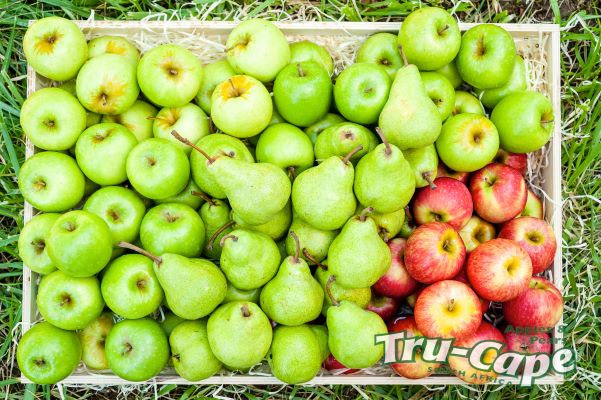In today’s quick-fix health economy where we want instant solutions to a myriad lifestyle-caused complaints, it is good news to hear that eating just one apple per day may deliver as many as 100, million bacteria most of which are contributing to gut stability and overall health.
More interesting still is that research, conducted this year by a leading science news source, Frontiers in Microbiology, suggests that conventional and organically-grown fruit are both in different ways healthy to humans. What’s more is that the fruit skin seems to contain the least number of positive bacteria making the individual choice to peel, or not, before consumption less relevant. If you thought these positive bacteria might be washed off, you will have to think again as they are inside the plant cell and not on top.
According to Frontiers in Microbiology, while apples are among the most consumed fruits world-wide, they represent a source of direct human exposure to bacterial communities which is less studied. “We analyzed the apple microbiome to detect differences between tissues and the impact of organic and conventional management by a combined approach of 16S rRNA gene amplicon analysis and qPCR, and visualization using fluorescence in situ hybridization and confocal laser scanning microscopy (FISH-CLSM). Each apple fruit harbors different tissues (stem, peel, fruit pulp, seeds, and calyx), which were colonized by distinct bacterial communities. Interestingly, fruit pulp and seeds were bacterial hot spots, while the peel was less colonized. In all, approximately 108 16S rRNA bacterial gene copy numbers were determined in each g apple. Abundances were not influenced by the management practice but we found a strong reduction in bacterial diversity and evenness in conventionally managed apples. In addition, despite the similar structure in general dominated by Proteobacteria (80%), Bacteroidetes (9%), Actinobacteria (5%), and Firmicutes (3%), significant shifts of almost 40% of bacterial genera and orders were monitored. Among them, especially bacterial signatures known for health-affecting potential were found to be enhanced in conventionally managed apples. Our results suggest that we consume about 100 million bacterial cells with one apple. Although this amount was the same, the bacterial composition was significantly different in conventionally and organically produced apples,” the study posited.
Tru-Cape Fruit Marketing is the largest exporter of South African apples and pears. Biologist and Tru-Cape’s Quality Assurance Manager, Henk Griessel, says that they deliver Tru-Cape apples into more than 104 countries and any news that increases the positive demand for apples and pears is good news. “The article, which included fruit from the Ceres region, explains that the plant-gut microbiome axis could be of special importance for human health”, Griessel says adding that the study suggested that eating raw plants seemed an important source for microbes and that plant-associated microbiota including bacteria, fungi and viruses transiently colonized the gut forming our transient microbiome.”
Read the full report as well as links to quoted metadata at https://www.frontiersin.org/articles/10.3389/fmicb.2019.01629/full








